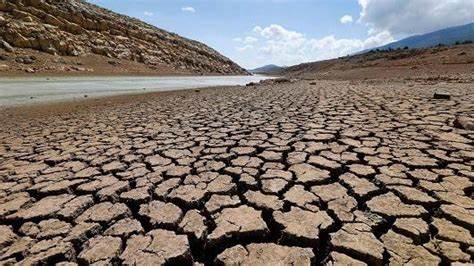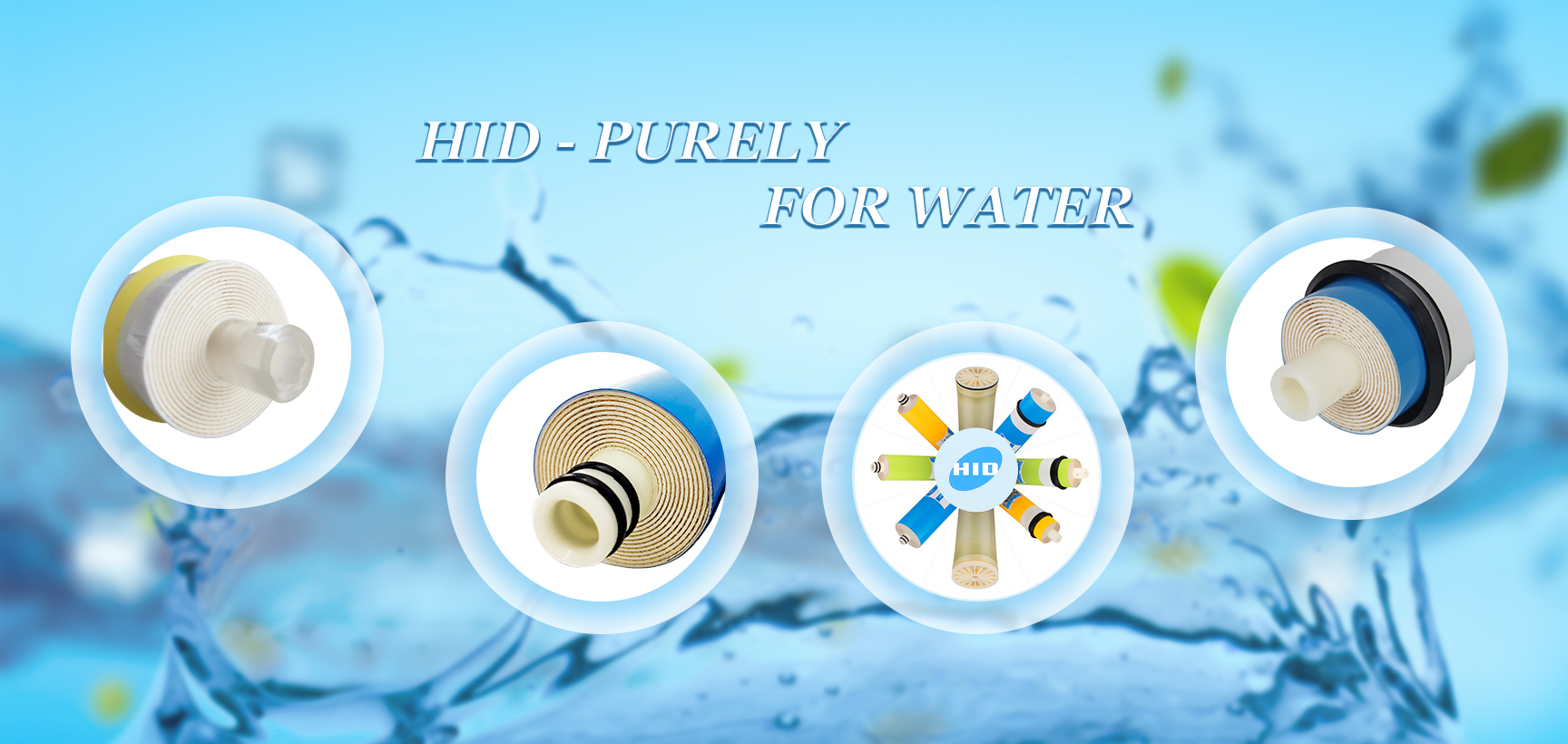This suggests that the frequency and intensity of both extreme droughts and flooding will continue rising in line with average temperatures, therefore placing hundreds of millions of people at risk from a lack of clean water. Cities such as Cape Town are already feeling the full force of these effects.
2018 was supposed to be the day that Cape Town switched off its taps, the world’s very first Day Zero. Residents were faced with the prospect of queueing up for hours at the standpipes to receive their limited daily rations of 25 liters a day, as public access to water was to be denied in the face of extreme drought. Some big cities lot more cities are known to be approaching their day zero in coming decades
However, scientists and researchers are working towards various means of producing fresh water from small-scale systems to commercial and industrial systems. The most commonly used desalination systems now, are thermal desalination centers and membrane systems. A thermal system uses heat. Although boiler systems are quite expensive and require a lot of costly energy sources, this method has changed the world significantly in the production of freshwater. Membrane systems, on the other hand, don’t require many complicated mechanisms. By using pressure and a special type of membrane with a permeable sheet that only allows freshwater to pass through it. This way, freshwater is produced much quicker.

Cities all over the world suffer from water insecurity. Climate change is causing increased average temperatures and sustained periods of dry weather. The demand under these conditions increases, but delayed or non-existent seasonal rainfall reduces supply, therefore placing enormous strain on resources. This freshwater shortage in cities puts it at the risk of reaching its Day Zero. Day Zero is basically an estimated time period where a city town or region can’t supply its residential capacity with fresh water. The hydrologic cycle is intimately linked with changes in atmospheric temperature and radiation balance, meaning that warmer climates result in higher rates of evaporation as well as increased liquid precipitation.
At HID, we are proud to be one of the leading companies working toward fighting the Day Zero mark for as many regions in the world that are likely at risk of water shortages. Our research team work on producing high-quality membranes which require less energy to harvest fresh drinking water. We encourage the world to highly preserve the precious resource and join hands and fight against Day Zero throughout the world.

Post time: Aug-19-2021




